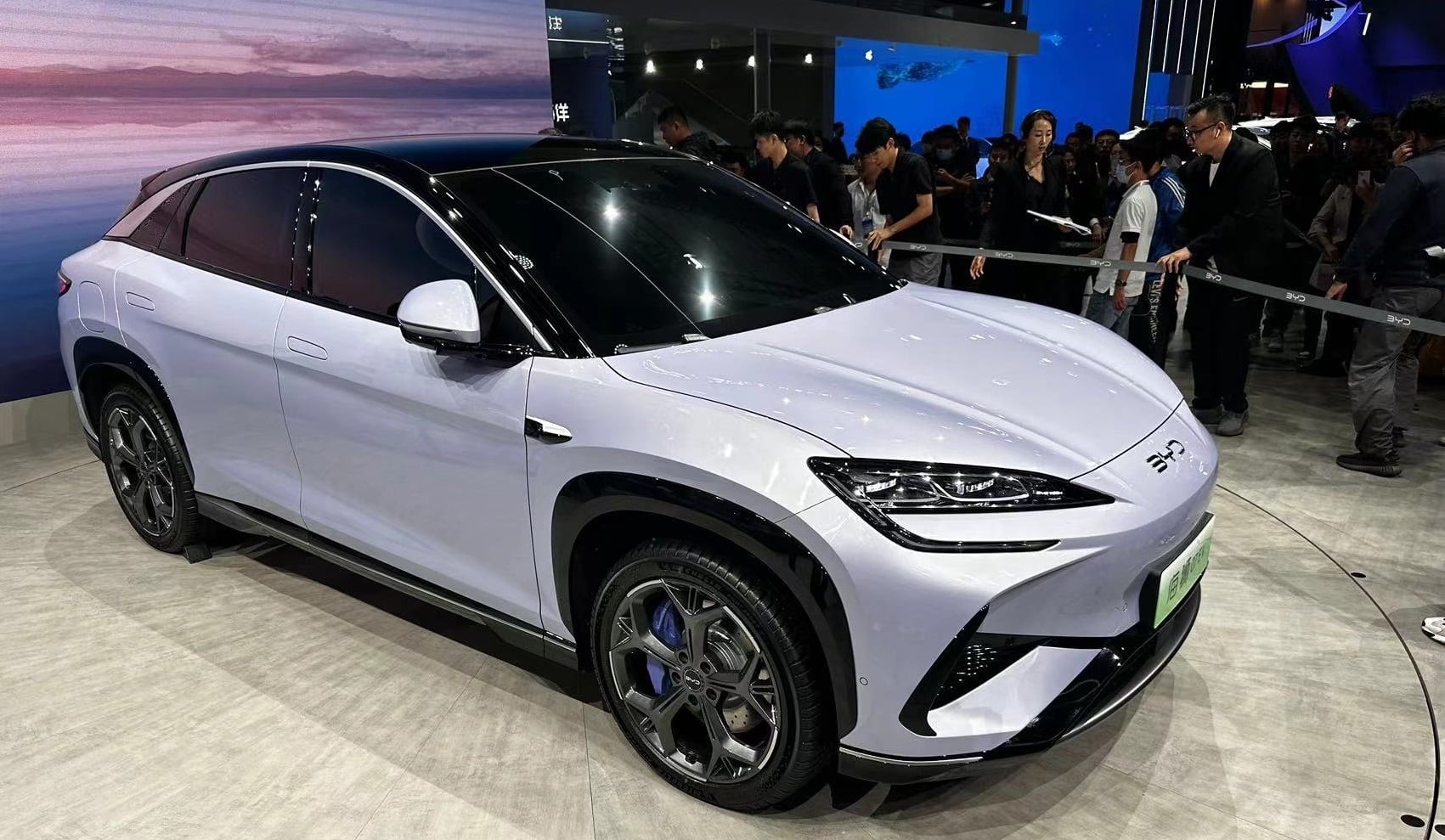
Our system is continuously evolving, and it’s easy to forget what we’ve achieved in a year. In 2023, we made a lot of changes: we launched a new app, we completely redesigned our dashboard and control panel, and much more. That’s why I’d like to take you on a trip down memory lane and look at some of the changes and features we made in 2023. Our focus when developing these features was ease of use, and we think we did a pretty good job. So, let’s look at the new dashboard.
Dashboard and app
The dashboard and app are the heart of the CURRENT system. It’s what most users see when they use our services. Therefore, it’s perhaps the most important part of the system. Our old dashboard and app were good, but we wanted to make our system easier to use, and that meant rethinking the way a Charge Point Management System dashboard and app should look. Most systems are designed with advanced users and experts in mind, but the new CURRENT dashboard and app were designed to be usable by anyone, regardless of their level of experience.
Multi-language interface
When we redesigned our dashboard and app, we realized that most systems—our old one included—tended to be in English first. That’s great if you’re designing the system for experts, but it’s not ideal when you’re making a system anyone should be able to use. So, we decided to localize (translate and adapt to local conventions) our entire system. It was a titanic undertaking, but it left us with a system any Englishman, Frenchman, Swede, or Norwegian could instantly log into and use. The process of localizing our app and dashboard made us realize something else too: the installation process was too complicated.
Dynamic QR Codes
In the end, most of our users don’t care about the software’s features. They care about getting the system to work and charging their electric vehicle. That’s why they’re at the charger in the first place. So, we thought long and hard about the installation and usage process, and we came up with a way to simplify the whole thing. Our dynamic QR codes make it possible for an installer to scan a sticker and add the charger to the Charge Point Management System. The whole process takes about five minutes. In addition, the same sticker can be scanned to start charging your car, solving the pain points related to charging for our end users. Speaking of pain points…
We introduced hourly spot pricing!
Everyone knows what spot pricing is, but most people don’t know that they’re being ripped off by their Charge Point Management System. It turns out that what most systems label ‘Spot Pricing’ is really an average price based on a daily, weekly, or even monthly (!) spot price. We think that’s a bit of a scam, so when we decided to add the spot pricing feature to the CURRENT system, we made sure it was real spot pricing. That meant connecting our system to Nord pool and doing the price calculations hourly. It was a lot of work, but we think it was worth it to offer our customers real spot pricing capabilities.
Full support for OCPP 2.0.1 and 2.2.1!
If you’ve read any of our articles, you know that we’re borderline obsessive when it comes to OCPP, and we think every self-respecting Charge Point Management System developer should be. OCPP is the industry standard that keeps the world of EV chargers from descending into chaos. The thin line between order and anarchy. It’s also the only thing protecting end users and location owners from being taken hostage by unscrupulous actors. That’s why we spent a lot of time and energy making sure we had flawless OCPP 2.0.1 and 2.2.1 support.
Because we think OCPP is so important, we launched a testing tool for charging box manufacturers. This was a bit of a side project for us and a deviation from our core business, but we think it was worth it. Every month, hundreds of EV charging boxes become available on the world market, and not all of them are OCPP-compliant. To help rectify that problem, we developed an OCPP testing tool to help manufacturers ensure that their boxes work properly and according to the standard. Our hope is that this will push more manufacturers to adopt the OCPP industry standard.
We made it easier to become a Charge Point Installer
One of the big challenges for charge point owners and installers is service, invoicing, and maintenance. So, we made our system capable of handling the invoicing and packaging of services. Now, installers working with the CURRENT system can set up product bundles that contain service, maintenance, and other installer services. The system then helps the location owner distribute the cost of these vital services fairly between end users.
We adapted to the Swedish market
In 2023, we spent a lot of time thinking about Sweden. Specifically, how do charging, invoicing, and installations happen in the Swedish market? As a result, we partnered with a local e-invoice provider and set up SMS-payment capabilities. These features have made a huge difference in the way users interact with our system in Sweden! But we thought about other countries as well.
We made a Payment Adapter!
At times, one can become nostalgic thinking about the good old days, when everyone paid for everything with cash. Now, everyone has their favorite way to pay, be it with Apple Pay, Vipps, Google Pay, Swish, Vourity or any other service. That left three options: ignore the problem, choose a few key providers, or build a standardized way to handle payments. Believing that charging should be easy, we opted for option three. The result is that it’s now super easy to implement payment services into the CURRENT system, enabling us to adapt to the needs and wants of our customers at lightning speed. Spending so much time thinking about invoicing and payment knocked something loose, and we discovered a new paint point.
Company Car charging is too complicated
If you’ve ever had a company car and needed to get reimbursements for your charging, you’ve experienced true pain. The process involves a billion apps, uploading screenshots of receipts to your payment system, and hoping that Finance doesn’t return your request with questions. At times, it’s easier to just forget about the whole thing. So, we decided to fix that. We built a bunch of integrations and did some coding magic, and the result was roaming capabilities. If you use the CURRENT system, you can set up automatic reimbursement for your external charging. Awesome! We were about to pop the champagne when we realized there was another problem…
People charge company cars at home
It turns out Norwegians mostly charge their cars at home, and then they must go through a complicated process to get their charging reimbursed. So, we put away the champaign and went back to our computer screens. A little while later, our Home Charging for Business was born. Home Charging for Business (or Fleet) enables you to install the CURRENT system on home chargers and automatically reimburse home charging as well. Surly, we could now pop the champagne. Not quite.
People needed a financial controller
Pushing all these invoices through our system meant that we were overwhelming Chief Financial Officers all over the world. Something had to be done. Meanwhile, bots and AI had become trendy, and that gave us an idea. So, we ordered several cases of energy drinks and got to work again. The result was our very own CurrentBot, a digital financial controller that conducts most of the financial controller tasks for you. An ingeniously simple solution that only required a few months of limited sleep for our developers. Surly, we’d done everything we needed to do.
More stuff
Not quite. We still wanted to do more in 2023. We created an advanced usage insights dashboard to help owners understand how their charging network is being used. We made a global overview so that charge point operators could monitor all their chargers in real time. We created an invoice overview to help CPOs sort through all their finances. We set up webhooks to integrate our system with third-party systems. We added the ability to send manual invoices and fixed some bugs.
Now, we need a break!
Now, looking around the office, it’s clear that everyone could use a break, and it will be all the sweeter because every single member of the CURRENT team has earned that break. So, we’re logging off. Well, everyone except for the support team. And we’ll see you all next year.








